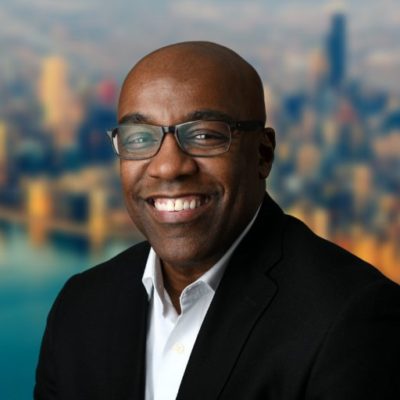A federal judge may be halting Illinois Attorney General Kwame Raoul and other attorneys general attempts to get settlements from the Sackler Family over the Purdue Pharma lawsuit. U.S. Bankruptcy Judge Robert Drain strongly brushed aside the argument from a group of state attorneys general that lawsuits against members of the wealthy Sackler family would be essential to getting accountability in the case of helping cause the opioid crisis. Purdue Pharma is the manufacturer of the popular painkiller OxyContin.
His decision does not mean that a tentative settlement struck between the company and about half the states would become a final agreement. How much members of the Sackler family should be held accountable for the role Purdue Pharma played in the crisis was at the center of the hearing, according to the Associated Press.
State attorneys general are evenly divided over whether to accept terms offered by Purdue to settle some 2,600 claims against it. About half of them including Raoul say the proposed deal is too lenient to family members who heavily profited in the drug’s over-saturation in all corners of the United States.
Those attorneys general are pressing separate state claims against the Sacklers and want those cases to continue even as Purdue’s bankruptcy case plays out. In a filing last week, the attorneys said that there would never be a trial to determine the Sackler’s liability in the public opioid epidemic if the settlement was accepted.
Purdue Pharma’s bankruptcy filing in New York last month came after it negotiated a tentative deal in that litigation with a group of attorneys general, although only half the states have agreed to it. A ruling in favor of the attorneys general who want to push forward with their lawsuits could imperil the tentative settlement.
Under the settlement, members of the Sackler family would give up control of Purdue, which would continue to operate as a trust with all profits going into the settlement. The deal would include the value of overdose antidotes and a treatment drug under development, and the Sackler family would kick in at least $3 billion. The exact amount above that depends on what the family would make by selling its international drug businesses. In all, the deal could be worth as much as $12 billion over time, according to the Associated Press.
The attorneys who have refused to accept the settlement say that the bankruptcy judge cannot stop their lawsuits without breaking U.S. Constitutional law that allow states to enforce laws to protect the public’s health, safety and welfare. The judge’s ruling could possibly result in a Supreme Court decision.




